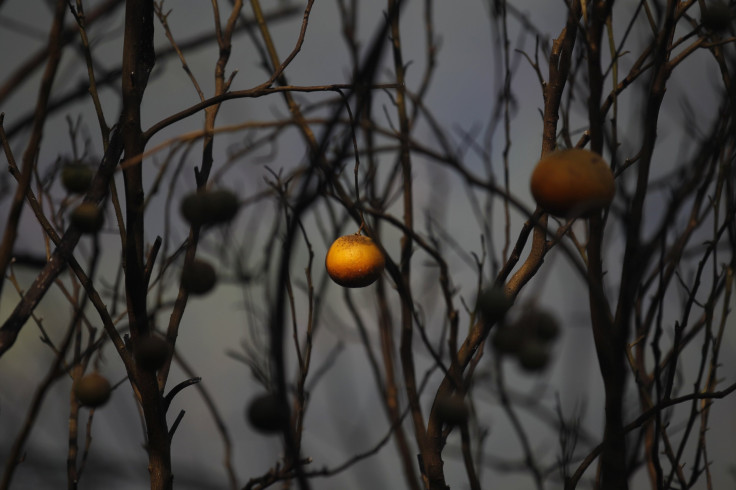South African Citrus Industry To Ply BRICS As Europe Spurns Spotty Oranges

As the European Union gets picky about its imported oranges, South Africa -- one of the bloc's biggest trade partners in citrus fruits -- is looking abroad for a juicier deal. South African fruits are sometimes blighted by a fungus known as citrus black spot, making them look less appealing to European consumers. But for South Africa, beauty is in the eye of the beholder -- black spots aren't known to affect taste or safety, nor have they been shown to infect produce abroad.
South Africa is the world's second-largest citrus exporter after Spain, and there is no question that these international revenues drive the entire industry. Between 2007 and 2011, only 9 percent of citrus fruits produced in South Africa went for domestic consumption while 64 percent was exported, according to government data; the rest was processed to make juice and other products. South African officials reason that if Europeans are turned off by a few black spots, they can turn elsewhere to find demand -- preferably fellow BRICS members like China and India.
But that doesn't mean South Africa is closing the door on EU importers, said South African Agriculture Minister Tina Joemat-Pettersson, according to Business Day Live. "We cannot put all our eggs in one basket," she said. "We are looking at other markets, but it makes no sense to replace one market with another. And without the EU market we will destabilize the citrus industry in South Africa."
The EU takes in up to 45 percent of South Africa's citrus exports, and producers are already spending about $46 million annually to combat the dreaded black spot. "We do have a big problem in Europe," said Citrus Growers Association of Southern Africa Chairman Pieter Nortje to Bloomberg. "It’s not a wake-up call, it’s been coming for 15 years."
European markets have always been wary of blemished citruses, but EU officials ramped up the rhetoric in February by promising to restrict imports if five instances of black spot were observed in a single season. South Africa was given a pass on that requirement for this year; it now has precious little time to address the issue before EU inspectors get serious.
But Citrus Growers Association of South Africa CEO Justin Chadwick argued that the stringent requirements outlined by the EU are unrealistic. "The most extreme measure the EU could take is to ban the import of [South African] citrus," he said, according to eNews Channel Africa. "In the past, the best we have ever achieved is 12 interceptions; in most years the number of interceptions exceeds 30. The level set by the EU has no technical or scientific basis, and is tantamount to threatening market closure."
That would imperil the livelihoods of the estimated 100,000 people who work in South Africa's citrus industry, from agribusiness barons to small-share farmers. Officials hope that China, India and other potential importers could soften the blow should the EU's threats come to fruition.
© Copyright IBTimes 2024. All rights reserved.




















